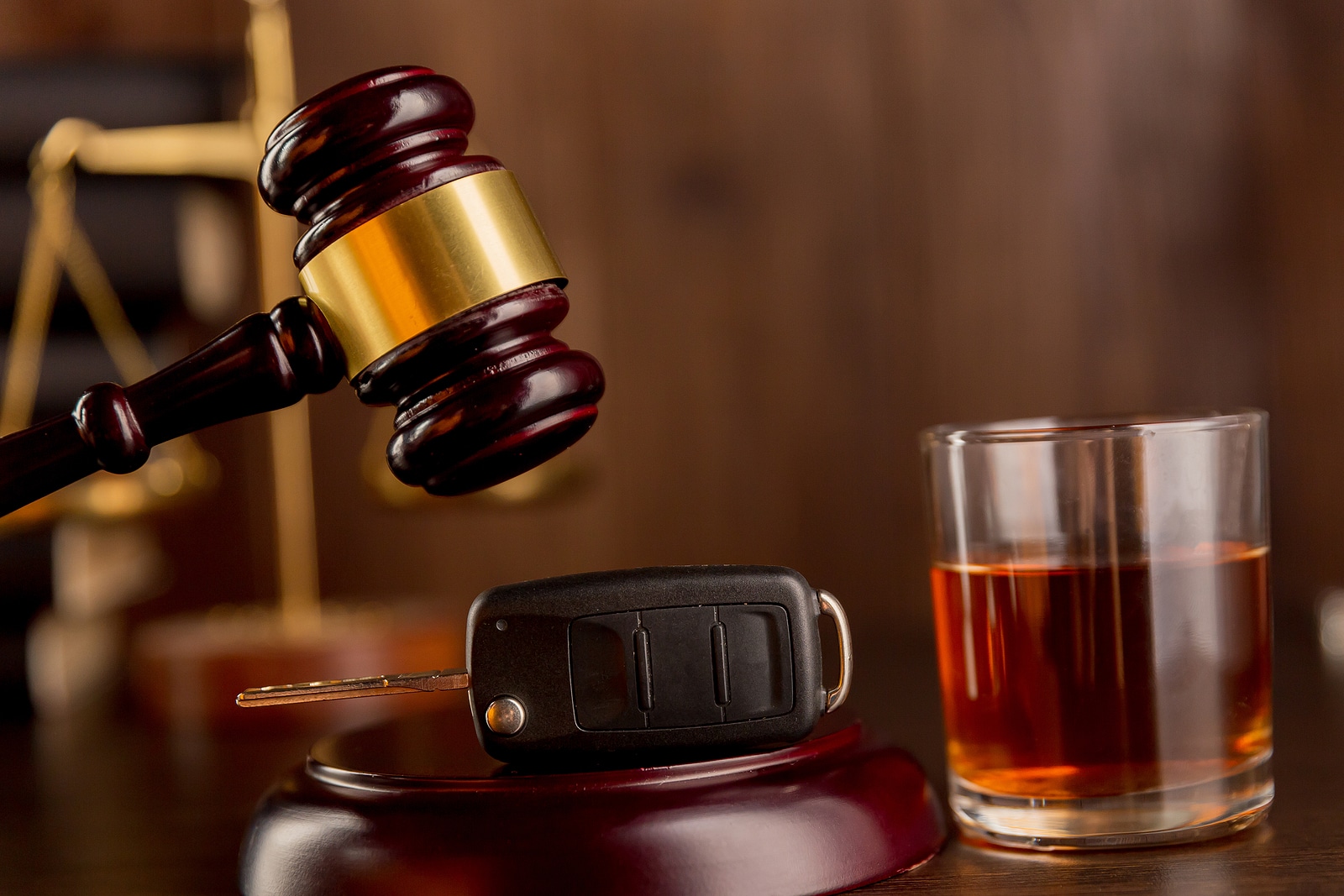The Use of Evidence and Forensic Science in Georgia Drug Cases
Evidence and forensic science play a crucial role in Georgia drug cases. Forensic scientists analyze physical evidence to identify and quantify controlled substances, while expert witnesses provide testimony to explain and interpret the scientific findings. This collaboration is essential for establishing probable cause, securing convictions, and ensuring the fair administration of justice.
The Role of Evidence
The role of evidence in Georgia’s drug cases is of great importance, acting as the basis for legal decisions. From the moment law enforcement officials seize substances suspected of being illicit, a meticulous documentation, analysis, and presentation process begins.
Seizure and Documentation
Evidence collection typically begins with the seizure of drugs during arrests, searches, or investigations. Once substances are confiscated, a rigorous documentation process known as the “chain of custody” is initiated. This refers to the chronological documentation of the handling, storage, and transfer of evidence from the moment it is seized until it is presented in court. A break in the chain of custody can cast doubt on the reliability of the evidence, potentially influencing the case’s outcome.
Analysis and Classification
Forensic laboratories play a crucial role in analyzing and classifying seized substances. Experts use advanced scientific techniques such as chromatography, spectrometry, and DNA analysis to identify the substances’ nature and composition. This scientific scrutiny not only provides concrete proof of the illicit nature of the seized materials but also establishes a crucial link between the evidence and the alleged criminal activity.
Reliability and Admissibility
Ensuring the reliability and admissibility of evidence is essential in upholding the principles of justice. Georgia’s legal system places a premium on evidence collected and handled according to established protocols. Any deviation from these standards may raise questions about the evidence’s credibility and suitability for courtroom proceedings.
Presentation in Court
During trial proceedings, the prosecution presents the collected evidence to build a compelling case against the accused. The defense, on the other hand, may scrutinize the chain of custody, challenge the methods of analysis, or question the reliability of the evidence. The judge and jury must weigh these arguments, emphasizing the importance of a robust and well-documented evidentiary trial.
Implications for Justice
The evidence’s quality and strength can significantly impact a drug case’s outcome. Convictions hinge on the prosecution’s ability to establish a clear and convincing connection between the seized substances and the alleged criminal activity. Conversely, a thorough defense may exploit weaknesses in the evidence to cast doubt on the case, underscoring the pivotal role evidence plays in the pursuit of justice.
The Importance of Forensic Science
Forensic science, a discipline that applies scientific principles to legal matters, is central to drug crime investigations. Law enforcement agencies employ forensic techniques to analyze seized substances, linking them to specific criminal activities. Scientific methods are commonly utilized to identify and classify drugs, providing irrefutable evidence that can sway the outcome of a case.
Substance Identification
Forensic science provides a systematic and scientific approach to identifying substances seized in drug cases. Utilizing sophisticated techniques such as chromatography, spectrometry, and DNA analysis, forensic experts can accurately determine the composition and nature of the substances in question. This identification is crucial for establishing a direct link between the seized materials and the alleged criminal activities, forming the foundation of the prosecution’s case.
Establishing Causation
In drug cases, forensic science helps establish the causation between the seized substances and the criminal charges. For example, the identification of a controlled substance and its quantity can be instrumental in determining whether an individual is being charged with possession for personal use or with intent to distribute. This distinction can significantly impact the severity of the charges and potential penalties.
Chain of Custody and Reliability
Maintaining the integrity of evidence is essential for a fair legal process. Forensic science, through the “chain of custody,” ensures meticulous documentation of the handling, storage, and transfer of evidence from its seizure to presentation in court. This systematic approach enhances the reliability of the evidence, providing confidence to the court and the parties involved in the legal proceedings.
Expert Testimony
Forensic experts often serve as witnesses, offering specialized knowledge to the court. Their testimony helps bridge the gap between the complex scientific analyses and the understanding of judges and jurors. This expert testimony is invaluable, especially when dealing with intricate scientific evidence that might be challenging for non-experts to comprehend.
Enhanced Investigative Capabilities
Forensic science not only aids in the courtroom but also enhances investigative capabilities. Law enforcement agencies use forensic techniques during the investigative phase, enabling them to trace illicit substances’ origin, distribution networks, and manufacturing processes. This proactive approach contributes to the overall efforts to curb drug-related crimes.
Advancements in Technology
As technology advances, so does the capability of forensic science. Traditional urine and blood tests persist, but newer technologies like hair follicle testing offer extended detection windows. These advancements allow law enforcement and forensic experts to adapt to the changing landscape of drug-related offenses.
Challenges and Controversies
While forensic science can be a powerful tool, it has its challenges and controversies. Critics point to issues such as the potential for human error, the lack of standardized procedures across laboratories, and the limitations of specific forensic techniques. In recent years, efforts have been made to enhance the reliability and validity of forensic evidence.
Entrust Your Defense to Carl Chapman, P.C.
Let our defense team craft a tailored strategy that confronts the prosecution head-on, ensuring the strongest possible defense for your case. Contact Carl Chapman, P.C. for a confidential consultation. Call 470-206-2169 and take the first step towards securing a formidable defense team that fights tirelessly for your justice.

 470-206-2169
470-206-2169





